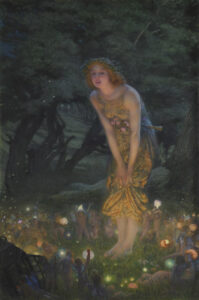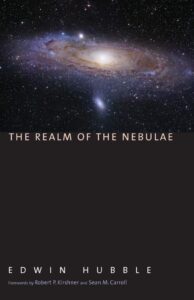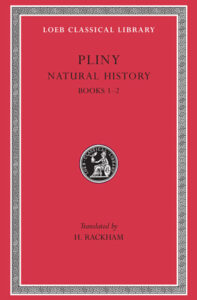I am introducing a new section to The Well-read Naturalist with the title “More Things” in honor of the famous quote from Shakespeare’s “Hamlet;” a play and a sentiment both of which I very much admire.
“Of Interest” is the blog of The Well-read Naturalist. Here are published items, as the title indicates, of interest.

I am introducing a new section to The Well-read Naturalist with the title “More Things” in honor of the famous quote from Shakespeare’s “Hamlet;” a play and a sentiment both of which I very much admire.

What Mr. Baier offers in this book is not only the facts of the Act and its history but perhaps just if not even more importantly a reminder that as a nation we were once better than we are now, that we aspired to noble goals and by working together could achieve them.

Prior to the launch of the James Webb Space Telescope that has recently delivered to us so many awe-inspiring images of the universe, it was the Hubble Space Telescope, named for astronomer Edwin Hubble and launched in 1990, that set the standard for what we could see from a space-based observational platform. Indeed, both technological developments that went into the creation of, as well as of course images from, Hubble continue to provide new information not only to astronomers and astrophysicists but to a wide range of scientists around the world.

Writing in the second book of his “Natural History” (Naturalis Historia), Pliny the Elder (Gaius Plinius Secundus), whilst recounting the many interesting facts he has learned and collected about the Moon, suddenly breaks from his explanations to wax critical upon a “disease of the human mind” he has observed.